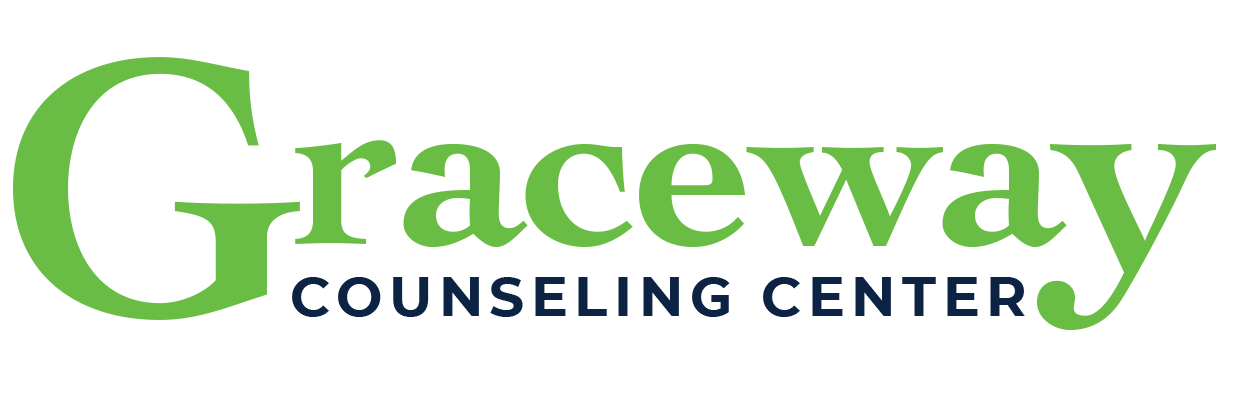What is Medication Management?
In some cases, patients with mental illnesses heal from their symptoms without assistance from medication. However, other people with mental health troubles need help from medication for a short time while they learn healthy coping mechanisms or work through specific problems. Depending on the nature of the illness, some patients may need long-term medication.
Whether a person needs mental health medication for a few months or a lifetime, it’s important to include medication management in the treatment process. Medication management for mental health is substantially different from medication management for physical illness.

Medication Management for Mental Health
For example, patients who go to the doctor for flu-like symptoms may get an antiviral for treatment. The antiviral dosage will be based only on the person’s age and size. At that time, the doctor will tell the patient to follow up if symptoms do not improve within a certain number of days. This approach does not work for psychiatric illnesses.
Dosages in mental health medication are based on what works for many patients, the severity of the symptoms, and tolerance for other similar medications in the past. Often, the first dose or type of medication is not right for the patient. As such, prescribing doctors must follow-up with mental health patients often to get the medication just right.
Even when a patient with a chronic mental illness finds the right dose and feels well for a while, medication management remains vital. Mental health disorders can change and the body can adapt to specific dosages, meaning patients need to change their medications. In some cases, medication management is required by law in regular intervals, which helps prevent substance abuse.
Why Medication for Mental Illness Can be Beneficial


Myths About Medicine
While many people assume that mental health medications are only used in rare and extreme circumstances, these medicines are more common than that. One out of every six adults in the United States has a prescription for a psychiatric medication. If you decide to include medication in your treatment plan, you are not alone.
Myths also circulate regarding whether psychiatric medications are addictive or keep people from feeling anything at all. In truth, some mental health drugs can cause dependance, but many do not. If you’re worried about addiction, make sure your doctor knows that you prefer medications that do not cause dependance.
Sometimes, a medication will make a patient feel “like a zombie,” with a neutral affect at all times. This is a sign that the medication is not working properly and the doctors may need to change the dose or medicine. This highlights the importance of medication management, which allows patients to find medication combinations that relieve symptoms without removing all emotions.
What Types of Illnesses Can Psychiatric Medicine Treat?
Medication alone is not the answer to all mental health conditions. Some issues may have no drugs to treat them while others may also require other interventions. For example, no medicine can raise a person’s self-esteem, but therapy might.
In the case of specific phobias, medication acts as an aid in counseling. For example, an anti-anxiety pill can give the person the calmness they need to complete exposure therapy.
In other cases, medication takes the driver’s seat while counseling plays a supporting role. For example, if a chemical imbalance causes a person’s anxiety, medication may be what they need to rebalance and feel better. However, therapy can help such a person heal from any damage the anxiety caused emotionally.


Medication for Mental Illness Pros and Cons


Common Mental Health Medications
Although mental health medication only became part of Western medicine in the late 19th century, people have used certain substances to change their moods for much longer than that. Psychiatric medication entered Western medicinal practices only when doctors realized they could use these as an alternative to restraining patients.
Mental health medication has come a long way since it first became part of Western medicine. Now, the goal is typically not to control patients. Instead, it is to help people feel their best. There are also now several categories of psychiatric medication that treat the many identified mental health disorders.
One of the most commonly used types of psychiatric medications is antidepressants. As the name suggests, these medications primarily help people heal from depression. However, people with other mental health issues, including anxiety disorders, use these medications to manage symptoms. Some of the most commonly prescribed antidepressants are:
-
Fluoxetine (Prozac)
-
Duloxetine (Cymbalta)
-
Citalopram (Celexa)
-
Venlafaxine (Effexor)
Anti-anxiety pills can take the form of rapid-response doses that help people who feel panic attacks coming on. Alternatively, people with anxiety disorders may take daily doses of anti-anxiety medications to balance their lives. In either type of dose, these medications act as mild sedatives. Some common anti-anxiety medications are:
-
Buspirone
-
Lorazepam (Ativan)
-
Clonazepam (Klonopin)
Antipsychotic drugs can help people with a variety of disorders, including:
-
Obsessive-Compulsive Disorder (OCD)
-
Eating disorders
-
Schizophrenia
-
Post-Traumatic Stress Disorder (PTSD)
-
Bipolar disorder
There are several different types of antipsychotic medications, including Ziprasidone (Geodon), Aripiprazole (Abilify), and Lurasidone (Latuda)
Although it may seem counterintuitive, stimulants are primarily prescribed for people with ADHD/ADD. One stimulant has also been approved for binge eating disorder. Common stimulants for ADHD include:
-
Adderall
-
Methylphenidate (Concerta)
-
Lisdexamfetamine (Vyvanse)
-
Dextroamphetamine (ProCentra)




